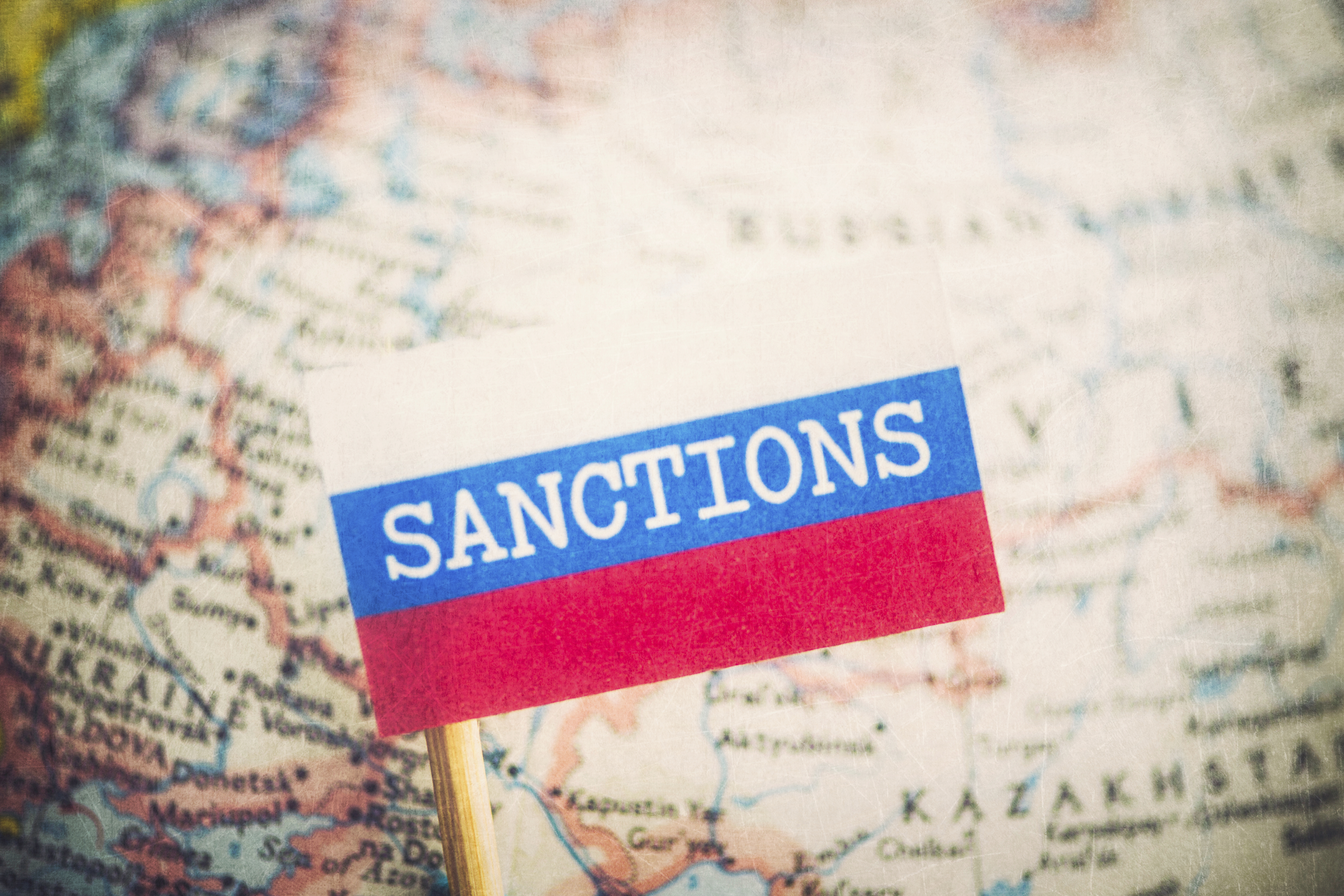Commodity financing contracts with Russian counterparties may get torn up as a result of President Putin’s one-year ban on western agricultural products, GTR understands.
If goods are unable to be delivered, contracts (particularly those under the laws of England and Wales) may become void due to non-performance, causing heavy losses.
A spokesperson at Clyde&Co tells GTR that the ban can be considered “quite odd” on the part of Russia. “This will certainly close off the market for certain products. It is designed to impact the US the most, but initially Russian traders could stand to lose more than those in the EU or the US.”
Russian traders may have a problem importing current shipments of goods of which they took ownership in other jurisdictions. Should a Russian trader take ownership of a shipment of sanctioned goods at a port in the US, for example, the contract for that shipment could be considered null and void when it reaches Russia. Says the spokesperson: “Russian traders will now have to sell them [the shipment] to another source, which is going to be loss-making for them.”
As commentators assess the impact of a further round of tit-for-tat sanctions, banks are re-assessing their exposures in Russia and Ukraine, and it is expected that access to international finance in Russia will dry up.
“We haven’t formally frozen our lines to Russia yet but we are certainly being cautious,” says global head of trade and commodity finance at Rabobank, Karel Valken. “I expect that a lot of banks will freeze their lines to Russia: not writing any new business.”
Three Russian state-owned banks: Bank of Moscow, Russian Agricultural Bank and VTB Bank, have been added to the US’s sectoral sanctions identification (SSI) list, and the United Shipbuilding Corporation has been added to the specially designated nationals (SDN) list.
At the same time, the EU has issued ‘Level 3’ sanctions against Russia. Access to European capital for five Russian banks is curtailed: Sberbank, VTB, Gazprombank, Vnesheconombank and Rosselkhozbank, and an export ban is imposed for dual-use goods for military end users. The exports of oil and gas technology to Russia is also curtailed.
“Exposure to these Russian state-owned entities varies from bank to bank,” says Valken. “Banks will be looking at their current portfolios, examining the extent to which clients face possible loses from not being allowed to export to Russia.”
According to Valken, the Russian government will continue to rally around its banks to prop them up in the short term, whilst it is Ukraine that could continue to suffer the most. “Ukraine is cut off in terms of financing from western banks,” he says. “Ukrainian firms will have major difficulties re-financing their loans and receiving additional financing.”
Whilst banks may continue to concern themselves with risk mitigation in terms of their exposure to Russia and Ukraine, opportunities for new business could come to the surface. “There are increasingly assets for sale in Ukraine,” says Valken.
“Things like grain accumulating machinery or processing facilities that are having difficulties financing themselves. Companies will either be looking for partners or to sell their operations.”







